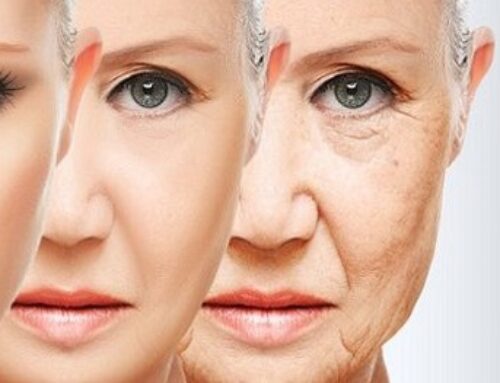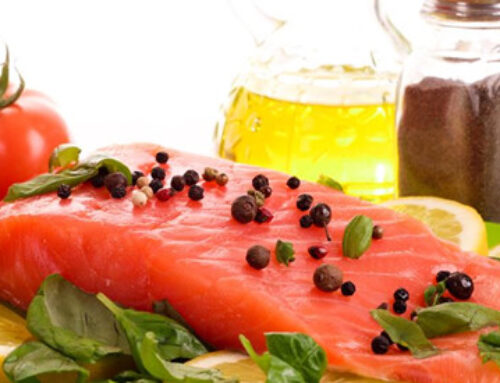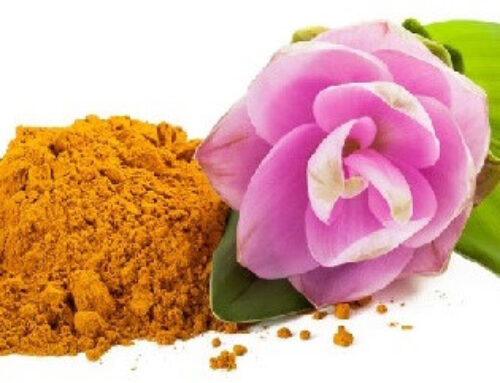Our external covering is the body’s largest organ but, due to lack of accurate information, it is often the most neglected. Nutritional deficiencies and stress are two of the quickest ways our skin gets damaged as we age. As stress begins to wear on our bodies, many of us respond by applying conventional remedies—chemicals—to our skin. These “treatments” can be very dangerous, damaging and are often ineffective to boot. There are many nutritional alternatives that have no side effects and promote true healing of this vital and beautiful organ.
We all know sunshine can damage our skin but the real culprit is a lack of nutrient stores in the body, which allows the sun to age our skin and ultimately cause damage. Here, we will explore a few key nutrients that promote beautiful, healthy skin.
Vitamins and Minerals
Many creams and gels claim to have unlocked the secret to youthful skin but the real secret is not a secret at all! Maintaining beautiful skin that ages slowly and stays radiant is as easy as regular consumption of foods that are high in nutrients and a diet free of processed and packaged foods.
Vitamin A is one of these nutrients. It is important to maintain gracefully aging skin and skin that has a good color and an even tone. Vitamin A helps maintain and repair our skin and when we are deficient, it can show by making our skin appear dry and flakey. A great way to get good levels of vitamin A is through regular consumption of liver and other organ meats.
We can’t have beautiful skin without vitamin C. Vitamin C is a nutrient used in our bodies to manufacture connective tissue and an important ingredient for making collagen. It is also an excellent antioxidant that protects our skin from the damage of free radicals (drinking homemade bone broth, which is high in hyaluronic acid, will greatly increase vitamin C’s ability to make collagen). Free radicals can result from too much sun exposure or environmental pollution and they quickly destroy collagen and elastin, the fibers that make up our skin’s structure. Any compounding pharmacy can make you a 10% vitamin C serum which you can apply topically but C should be consumed daily via citrus, peppers, guava, kale and many other fruits and vegetables. Taking it in supplemental form is a good idea, as well. One to two grams per day is best.
Vitamin E has many protective effects against sun exposure. Applied topically, even up to 8 hours after sun exposure, it can protect the skin against the sun’s cancer-causing rays (1).
Zinc is another nutrient necessary for healthy skin. This mineral is important for regulating oil production in the skin and may also control some of the hormones that are linked to acne (See my article Nutrition and Acne). Oysters are highest in zinc but pumpkin seeds, Brazil nuts, pecans, eggs and ginger are more accessible sources of zinc.
Selenium needs to be recognized as an important nutrient for healthy skin. It protects the skin from free radical damage and is also responsible for tissue elasticity. Selenium could play a role in the prevention of skin cancer and is known to protect the skin from excessive ultraviolet light.
The Folate (B9) Connection
Folate is known for preventing neural tube defects in developing fetuses. It’s a good thing too, because these birth defects are preventable with a diet high in folate. But when it come to our skin, folate is also very important as low levels of folate are lowered even more when our skin is exposed to sunlight. Folate and B12 are essential for our skin cells to repair their DNA. When folate levels are already low, exposure to sunshine will lower them even more, inhibiting our skin cells’ ability to repair DNA damage due to sun exposure (2). This endless cycle begins with folate deficiency and ends with damaged skin and possibly even cancer.
Yes, folate is supplemented in many processed food items but in the form of folic acid, an inferior synthetic form. Naturally-occurring folate found in leafy greens, legumes, vegetables and some fruits (especially citrus) is by far the best source. Fruits and vegetables, also high in antioxidants, protect our skin from the damaging rays of the sun while allowing for the synthesis of vitamin D3. (See my article Sunshine for Vitamin D3) Good levels of D3 reduce wrinkles and makes the skin smooth and soft. And high levels of this prohormone have been shown to prevent all types of skin cancer (3). The sun is our most important source of this vitamin, as it always has been. (See my article Sunshine on My Shoulders)
Maybe the increase and diversification of skin cancer in the last five decades is not caused by the sun, as we have been lead to believe, but by the lack of nutrients in our diets! A body with high levels of nutrients has beautiful skin that has a quality unmatched. It ages slowly, is resistant to sunburn, and has a glow that people can’t help but notice.
Cited References:
- Trevithick JR , Shum DT , Redae S , Mitton KP , Norley C , Karlik SJ , Groom AC , Schmidt EE. Reduction of sunburn damage to skin by topical application of vitamin E acetate following exposure to ultraviolet B radiation: effect of delaying application or of reducing concentration of vitamin E acetate applied. Department of Biochemistry, Faculty of Medicine, University of Western Ontario, London, Canada. Scanning Microscopy [1993, 7(4):1269-1281]. Available here. Accessed February 2016.
- Group, Edward. 9 Incredible Health Benefits of Folate. Global Healing Center; 8 Jan 2014. Available here. Accessed February 2016.
- Mercola, Joseph. Vitamins That Reduce Your Risk of Skin Cancer. Mercola.com; 25 May, 2015. Available here. Accessed February 2016.










